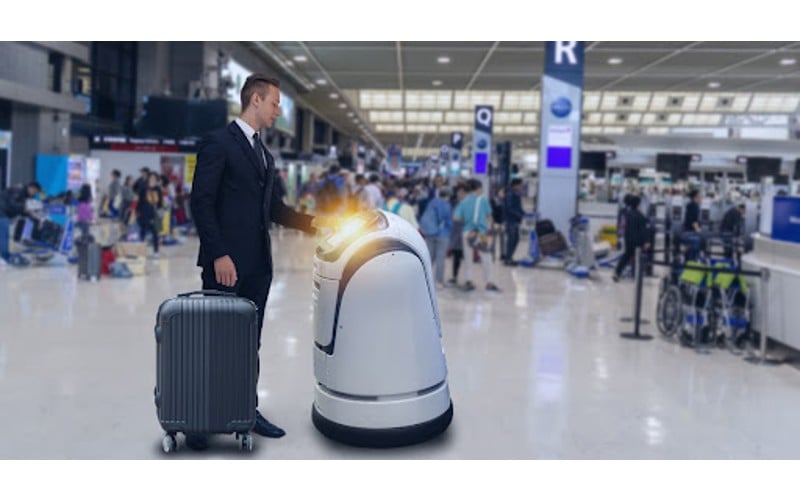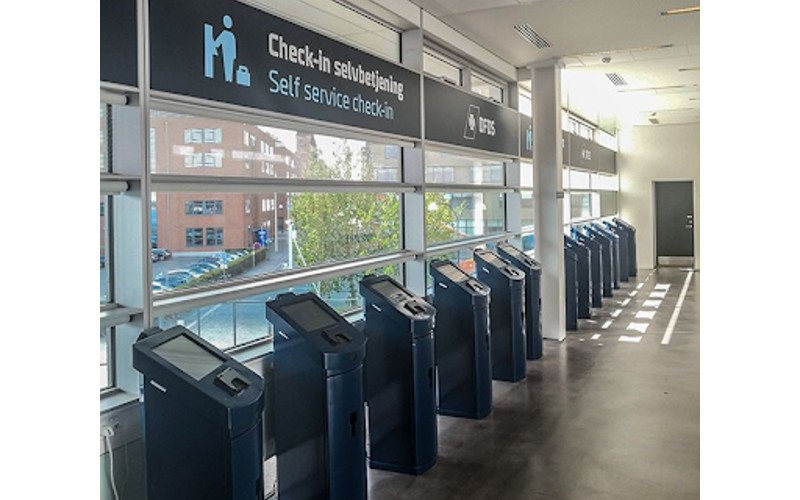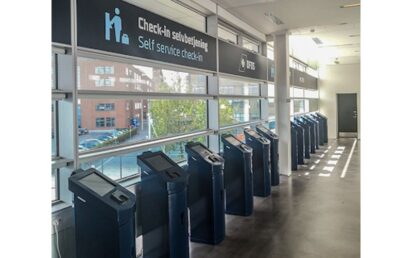When you travel, especially if it’s been a while since your last trip, you’ll want to be aware of innovations that can ease and improve your experience.
For example, when traveling internationally, you’ll probably need documentation of your COVID vaccination status along with other things you may be unaware of.
Thankfully, the travel industry is prepared by having new tools to handle all these documents and keep things moving without delay. New and improved passport and ID scanners are part of the equation.
This article will advise you of some of the new IT solutions for the travel industry you’ll want to look for and expect your travel service providers to offer. If your travel agent, hotel, carrier, or other provider doesn’t offer one of the enhancements important to you, shopping around a bit might be a good choice.
As a travel services provider, the improvements in your customers’ experience we discuss here will be great additions to your repertoire. If you’re a travel agent or work in any way with other service providers, it’s essential to know what’s available and should be available to your customers.
Adaptive Recognition is a company offering ever-improving scanning tools since 2001. They offer some of the most flexible and sophisticated electronic identification and verification solutions available.
Robots’ capabilities will surprise you!

Advancements in robotics have come rapidly in the last few years. Artificial intelligence (AI) gives them an uncanny, sometimes almost eerie, ability to learn and improve their language skills and other cognitive and mechanical functions. A robot is basically just a computer programmed to perform specific duties through its link to other machines, software, etc.
Earlier examples did what they did very well, but that programmed function was the limit of their capability. With AI, robots learn from feedback to improve their performance, making them great IT solutions for the travel industry.
A robot may follow you to your hotel room with your luggage after one checks you in at the registration desk. Or it might be scanning people and luggage for drugs or concealed weapons in an airport or other terminal. Some restaurants have robots performing parts of the food preparation process.
Some advantages of having robots perform these tasks and others are:
- Reduced need for human staffing – as some markets suffer from finding qualified workers that don’t ask ridiculous amounts of remuneration
- Less person-to-person contact – seeing that society’s experience with COVID has made many people uneasy with hand-to-hand contact and its potential for transmitting infection
- Robots are more reliable than humans in many ways because they don’t forget, get tired, sick or distracted, or take vacations.
In other words, it’s no exaggeration that robots are among the most exciting and unique IT solutions for the travel industry.
ID and other document scanners shorten check-in lines
As people’s lives slowly return to normalcy after the COVID pandemic, many of them resume traveling more for enjoyment or business. This means more crowded airports and other boarding terminals, and it also means more people queueing up for security, immigration, and boarding.
Each person in these lines has two, three, or more documents that agents must check. Manually checking papers, as was often done in the past, can cause prohibitive delays. People’s tempers get short, and flights or other boardings are missed. Therefore, much better IT solutions for the travel industry are required.
Electronic document scanners are virtually essential in all but the smallest terminals. Instead of the 2-5 minutes required to check one person’s documents manually, ID scanners can typically read and verify each document in just a couple of seconds. Additionally, there is no need anymore for manual data entry or looking anything up in a database, and documents are automatically and instantly checked for authenticity. In some locations, biometric technology – usually involving facial or fingerprint recognition – is linked to the scanner for an additional level of security.
Electronic scanners are among the most convenience-enhancing IT solutions for the travel industry. Adaptive Recognition, a leader in the electronic ID-reading business since 2001, offers several ID scanner models that are among the most capable and easily connectable in the industry. Like the robots mentioned earlier, many of these scanners have AI capability that enables them to learn quickly to read new types of documents.
Virtual and augmented reality

Real estate agents have used virtual reality (VR) for years to give prospects the experience of walking through a house. Until recently, this tool was useful mostly where the agent was in direct contact with the potential buyer because realistic videos were too large to send conveniently over the internet. It’s much easier to share large files now, with higher internet speeds and 5G connectivity.
With the ability to make better use of virtual reality, travel agents, hotel operators, and others can give their clients and prospects the feeling of being in a place or situation when they’re actually sitting in their living room. So if you want to experience a ski run in Vail, Colorado, or a hotel in Venice, Italy, you can probably find a website where there’s a video that will give you the sense of being there.
As such, VR is a wonderful tool for choosing a vacation spot or deciding where your next corporate retreat should be held. This is why virtual reality offers excellent IT solutions for the travel industry to add to a travel agent’s arsenal.
Augmented reality – often abbreviated AR – differs from VR in the sense that it can overlay images or information on a view you’re currently experiencing. For instance, if you’re viewing a broad landscape or cityscape from an overlook, interesting or valuable information such as elevation of a mountaintop or how to arrange a tour of some feature can appear on your view. You can see a scenic mountain view in summer as it would look covered with snow in winter. And all of this works much like a “heads-up” display of an instrument panel in some luxury cars.
The space in this article is insufficient to mention the hundreds or thousands of new IT solutions for the travel industry. To explore more, start an internet search for the travel features and destinations you find most interesting. Examples of sites that can help you in deciding wherever you plan to venture are discussed in this article.
One thing that’s sure is that the trip will be comparatively hassle-free anywhere the airport and other port check-ins utilize the speed and security of electronic ID and document scanners – especially if Adaptive Recognition supplies them. Their website will further educate you on the capabilities of these tools and can connect you with their experts to discuss your document-scanning needs or answer questions.


